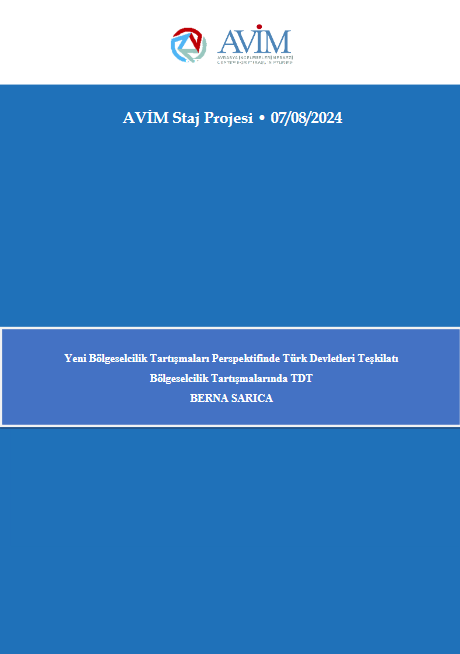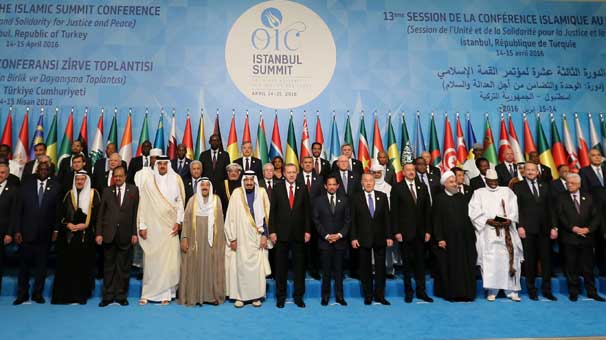
On 9-10 April, 2016 Al Sharq Forum and Afro-Middle East Centre (AMEC) organized a conference titled “Rethinking Violent Extremism in the MENA Region” at Conrad Bosphorus Hotel, in Istanbul.
The Turkish Presidential Spokesperson, Ambassador, Ibrahim Kalın was the keynote speaker at the opening ceremony of the Conference. In his speech, H.E Kalın stressed that it was not possible to make a distinction between ‘a good terrorist organization and a bad one’ and stated that “the world must treat all terrorist groups; PYD, PKK, YPG, DAESH, Al-Qaeda and Boko Haram, in the same manner”[1].
The topic of discussion at the Conference was assessing the reasons behind the emergence of DAESH in the Middle East and the form it has taken today. Member states also discussed the link between violence and the ideology that has given rise to DAESH, and scrutinized terms such as “foreign terrorist fighters” which has developed in parallel to DAESH.
The overall idea expressed at the Conference was the necessity to ‘de-link’ violent extremism from religion. It was stressed that the increased terrorist attacks perpetuated by ISIS were misread in the West, and that xenophobia (fear/hatred of foreigners), Islamophobia, panic, hate, and racism were on the rise.
Academic research reveals a tendency in which terrorist attacks and terrorism more broadly is explained as being a cause of religion, particularly Islam. In this sense, a link is established between Islam and terrorism[2]. The idea that Islam is against civilization is a widespread belief in the West. Islam is all the more associated with terrorism, particularly after 9/11, which is considered an act of global terrorism.
It is a known fact that the number of people who support terrorist groups is much less than the number of Muslims across the globe, as substantiated by statistical analysis. While there are 1.6 billion Muslims, there are 80-100 thousand DAESH members, 36 thousand Taliban members, and approximately 10 thousand Al-Qaeda members. Activities carried out by these terrorist groups have profound effect on the way Muslims are perceived.
The increasing number of terrorist attacks taking place across the globe and the recent attacks in Europe has exacerbated life in European countries, forcing everyone to be much more vigilant. Following the terrorist attacks in France, strict security measures have been taken across many European countries. In Belgium, for instance, schools were closed for a period of one week. A consequence of these terrorist attacks have been heightened fear amongst people in Europe, and growing hatred towards Muslim and other foreign communities. Radical imams in Europe have also had impact on the way Muslims are treated in these countries. In France, for instance, because there is no institution responsible for religious affairs, mosques are autonomous bodies. This situation poses a risk for Muslim communities in Europe, as radical imams take advantage of this gap by brainwashing the youth and causing divisions amongst the community.
It understood that, finding meaning in life through acts of terror, believing that they will be rewarded in heaven by taking innocent lives, using terrorism as a way to express themselves and to solve identity crises are listed amongst the motivations for carrying out terrorist attacks.
The constant fear felt by people as a result of these terrorist attacks also complicates the lives of Muslim families who have settled in these countries. This situation also effects the lives of Syrian refugees, who have come to be seen as potential criminals. It was recently announced in the media, however, that the latest terrorist attacks were carried out by French or Belgian citizens, who were familiar with the neighbourhood in which the attacks took place[3].
Violence and terrorism are becoming all the more widespread with an increased number of unemployed and lost young adults taking part in terrorist activities in order to express themselves. This segment of the young population identify themselves as an outcast, and ‘dehumanise’ their potential victims, rather than seeing them as human beings. Similarly, they target anyone whose lifestyle does not comply with their own. In this sense, they are drawn to the version of Islam to which these terrorist groups adhere to. These young adults believe that dying for their cause will make them ‘martyrs’.
In this way, terrorism takes on a completely different form. The most commonly accepted definition of terrorism derives from the struggle for survival that exists between the weak and the strong. This unexpected violence breeds into instability within the economic, social and/or political spheres and gives rise to a constant state of fear and vigilance. For some analysts this state of ‘vigilance’ is insufficient. It is argued that measures taken, or planned to be taken, against ISIS, defined as an “apocalyptic cult”, could fuel further attacks[4].
Xenophobia (hatred against foreigners) against refugees in Europe reached its peak with Poland’s refusal to accept further refugees in November. Another factor that has led to an increase in terrorist attacks and xenophobia in Europe is the unfavourable economic conditions. The monetary policy pursued by European countries is a result of the debt crisis. This economic crisis, which the EU occasionally finds itself in, has sparked the rise of the far-right and consequently increased hatred and racism towards foreigners and particularly Muslims. Likewise, Jaroslaw Kaczynski's conservative and Eurosceptic Law and Justice Party won the latest elections in Poland[5].
The fact that Muslims are perceived as possible terrorists does not only negatively impact the lives of Muslims in Europe, but those in all corners of the world. For instance, a Turkish individual in the city of Cambrai in France was assaulted only because of their physical appearance.
On 10-15 April, 2016, the Organisation of Islamic Cooperation Summit held in Turkey, conveyed the idea that accusations directed at Muslims as ‘potential terrorists’ impedes peace and justice and that the world should unite in the fight against it. The Organisation of Islamic Cooperation, which focused on peace, security, and the fight against terrorism, adopted the 2016-2025 Action Pan[6]. Within the framework of this Action Plan, a single approach was identified towards the economic, political, cultural, social and human developments in these countries. Moreover, a road map was determined to address the needs and concerns of Muslim communities in the countries which are not member to the Organisation of Islamic Cooperation.
[1] http://www.tccb.gov.tr/cumhurbaskanligi-sozculugunden/1695/42491/cumhurbaskanligi-sozcusu-buyukelci-ibrahim-kalinin-basin-toplantisinda-yaptigi-aciklama.html
[2] Herbst, Philip. 2003. Talking Terrorizm, London: Greenwood Press, p. 166.
[3] http://www.trthaber.com/haber/dunya/belcikada-yakalanan-supheliden-sapkali-terorist-itirafi-243937.html
© 2009-2025 Avrasya İncelemeleri Merkezi (AVİM) Tüm Hakları Saklıdır
Henüz Yorum Yapılmamış.
-
 CIA, ASALA VE PKK İŞBİRLİĞİ BELGELERİNİN GİZLİLİĞİNİ KALDIRDI
CIA, ASALA VE PKK İŞBİRLİĞİ BELGELERİNİN GİZLİLİĞİNİ KALDIRDI
Hazel ÇAĞAN ELBİR 14.02.2017 -
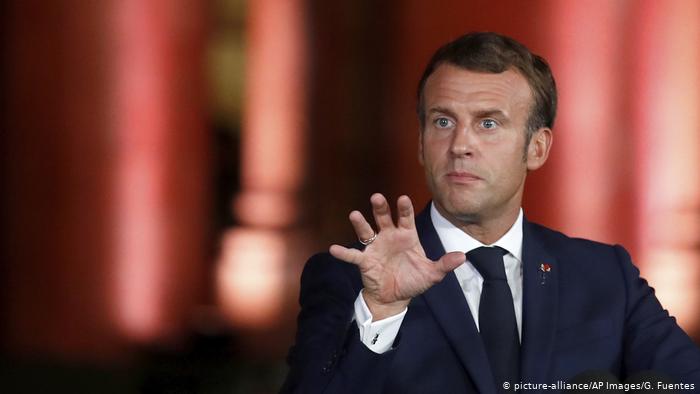 MACRON’UN İFADE ÖZGÜRLÜĞÜ ANLAYIŞI: HERKESİN İFADE ÖZGÜRLÜĞÜ VAR AMA BAZILARININ DAHA FAZLA VAR
MACRON’UN İFADE ÖZGÜRLÜĞÜ ANLAYIŞI: HERKESİN İFADE ÖZGÜRLÜĞÜ VAR AMA BAZILARININ DAHA FAZLA VAR
Hazel ÇAĞAN ELBİR 10.09.2020 -
 DANİMARKA’DA RUS PARALARI – 2
DANİMARKA’DA RUS PARALARI – 2
Hazel ÇAĞAN ELBİR 04.10.2018 -
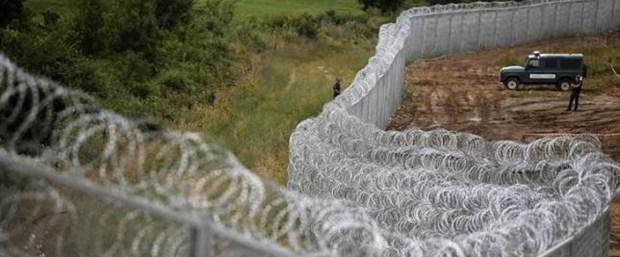 ABD – MEKSİKA SINIRINA DUVAR ÖREN TRUMP’I ELEŞTİREN AB’NİN ÇELİŞKİLİ DURUMU
ABD – MEKSİKA SINIRINA DUVAR ÖREN TRUMP’I ELEŞTİREN AB’NİN ÇELİŞKİLİ DURUMU
Hazel ÇAĞAN ELBİR 21.02.2017 -
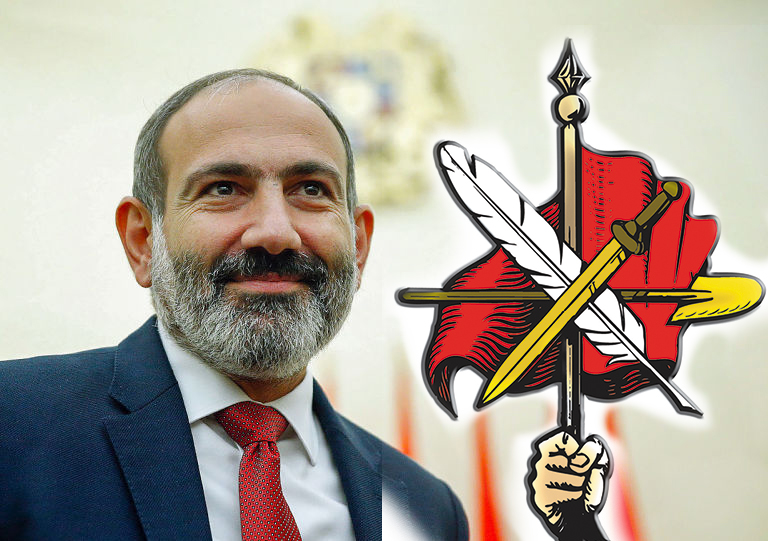 PAŞİNYAN’IN KARARLARI TAŞNAKLARI RAHATSIZ EDİYOR
PAŞİNYAN’IN KARARLARI TAŞNAKLARI RAHATSIZ EDİYOR
Hazel ÇAĞAN ELBİR 15.04.2024
-
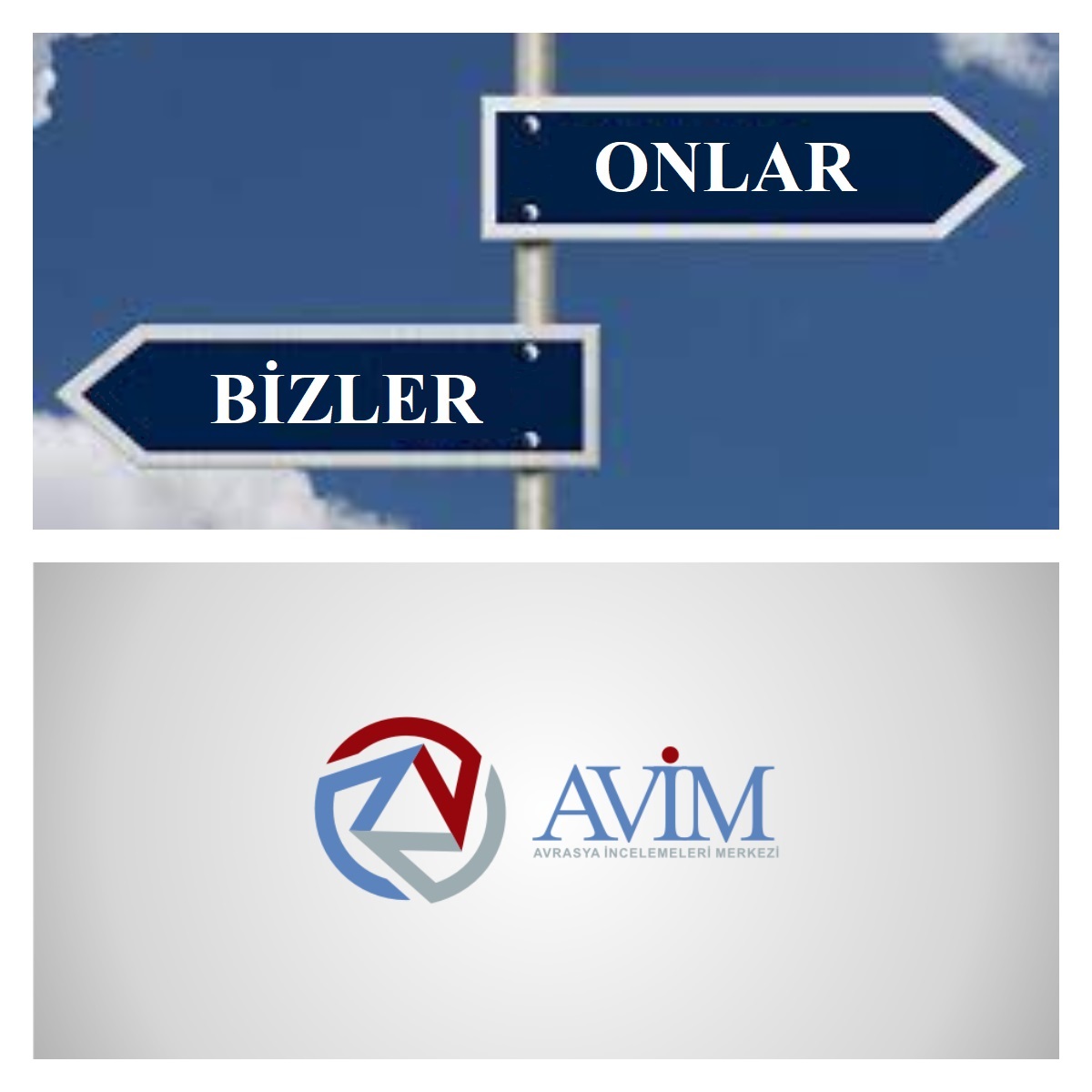 YAPICI BİR YAKLAŞIM: KUTUPLAŞMIŞ BİR DÜNYADA AVİM
YAPICI BİR YAKLAŞIM: KUTUPLAŞMIŞ BİR DÜNYADA AVİM
Teoman Ertuğrul TULUN-Mehmet Oğuzhan TULUN 01.06.2021 -
 ERMENİ SOYKIRIMI’NIN 100. YIL DÖNÜMÜ HAKKINDA PAN-ERMENİ DEKLARASYONU’NA DAİR BİR YORUM
ERMENİ SOYKIRIMI’NIN 100. YIL DÖNÜMÜ HAKKINDA PAN-ERMENİ DEKLARASYONU’NA DAİR BİR YORUM
Turgut Kerem TUNCEL 31.03.2015 -
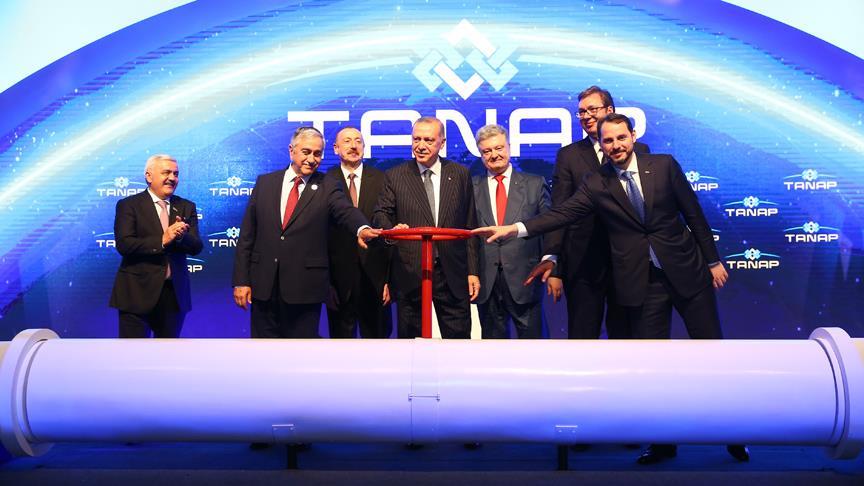 TANAP DOĞALGAZ BORU HATTI AÇILIŞI
TANAP DOĞALGAZ BORU HATTI AÇILIŞI
Tutku DİLAVER 18.06.2018 -
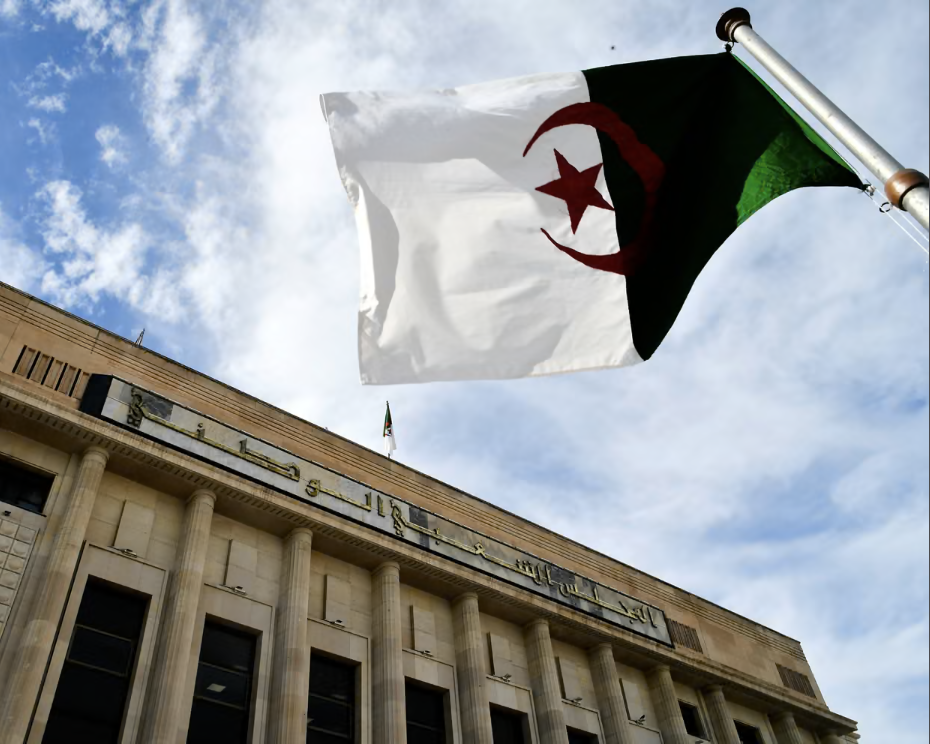 GEÇMİŞİN PRANGALARINDAN HAFIZA ORTAKLIĞINA: TÜRKİYE-CEZAYİR İLİŞKİLERİ VE TARİHİ ADALET
GEÇMİŞİN PRANGALARINDAN HAFIZA ORTAKLIĞINA: TÜRKİYE-CEZAYİR İLİŞKİLERİ VE TARİHİ ADALET
Hazel ÇAĞAN ELBİR 13.02.2026 -
 LSE TÜRK KÜRSÜSÜ TARAFINDAN DÜZENLENEN KONFERANSTA TÜRKİYE VE TÜRK KARŞITI GÖRÜŞLERE YER VERİLDİ
LSE TÜRK KÜRSÜSÜ TARAFINDAN DÜZENLENEN KONFERANSTA TÜRKİYE VE TÜRK KARŞITI GÖRÜŞLERE YER VERİLDİ
Mehmet Oğuzhan TULUN 28.05.2015
-
25.01.2016
THE ARMENIAN QUESTION - BASIC KNOWLEDGE AND DOCUMENTATION -
12.06.2024
THE TRUTH WILL OUT -
27.03.2023
RADİKAL ERMENİ UNSURLARCA GERÇEKLEŞTİRİLEN MEZALİMLER VE VANDALİZM -
17.03.2023
PATRIOTISM PERVERTED -
23.02.2023
MEN ARE LIKE THAT -
03.02.2023
BAKÜ-TİFLİS-CEYHAN BORU HATTININ YAŞANAN TARİHİ -
16.12.2022
INTERNATIONAL SCHOLARS ON THE EVENTS OF 1915 -
07.12.2022
FAKE PHOTOS AND THE ARMENIAN PROPAGANDA -
07.12.2022
ERMENİ PROPAGANDASI VE SAHTE RESİMLER -
01.01.2022
A Letter From Japan - Strategically Mum: The Silence of the Armenians -
01.01.2022
Japonya'dan Bir Mektup - Stratejik Suskunluk: Ermenilerin Sessizliği -
03.06.2020
Anastas Mikoyan: Confessions of an Armenian Bolshevik -
08.04.2020
Sovyet Sonrası Ukrayna’da Devlet, Toplum ve Siyaset - Değişen Dinamikler, Dönüşen Kimlikler -
12.06.2018
Ermeni Sorunuyla İlgili İngiliz Belgeleri (1912-1923) - British Documents on Armenian Question (1912-1923) -
02.12.2016
Turkish-Russian Academics: A Historical Study on the Caucasus -
01.07.2016
Gürcistan'daki Müslüman Topluluklar: Azınlık Hakları, Kimlik, Siyaset -
10.03.2016
Armenian Diaspora: Diaspora, State and the Imagination of the Republic of Armenia -
24.01.2016
ERMENİ SORUNU - TEMEL BİLGİ VE BELGELER (2. BASKI)
-
AVİM Konferans Salonu 17.02.2026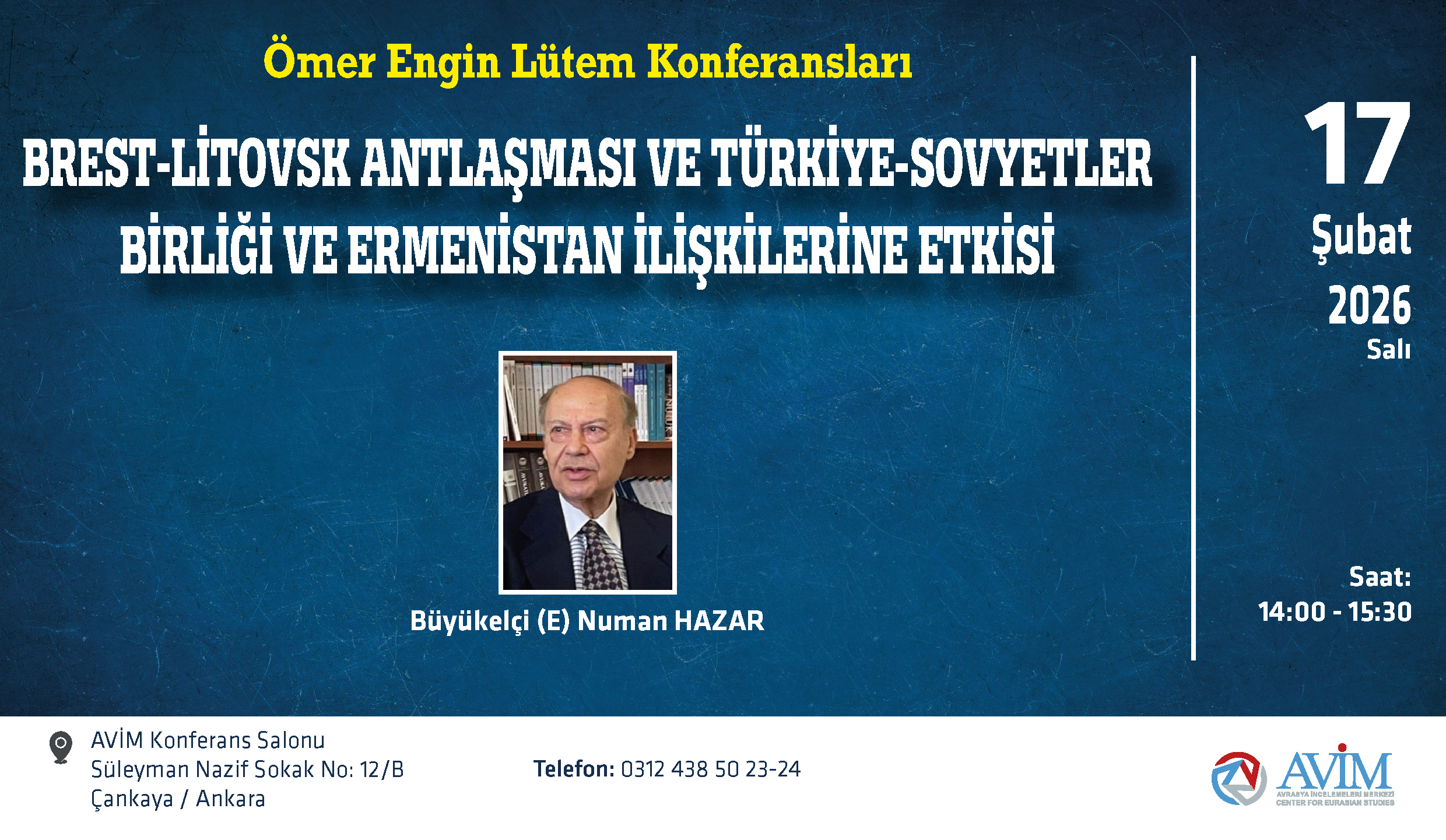
“BREST-LİTOVSK ANTLAŞMASI VE TÜRKİYE-SOVYETLER BİRLİĞİ VE ERMENİSTAN İLİŞKİLERİNE ETKİSİ” BAŞLIKLI KONFERANS








